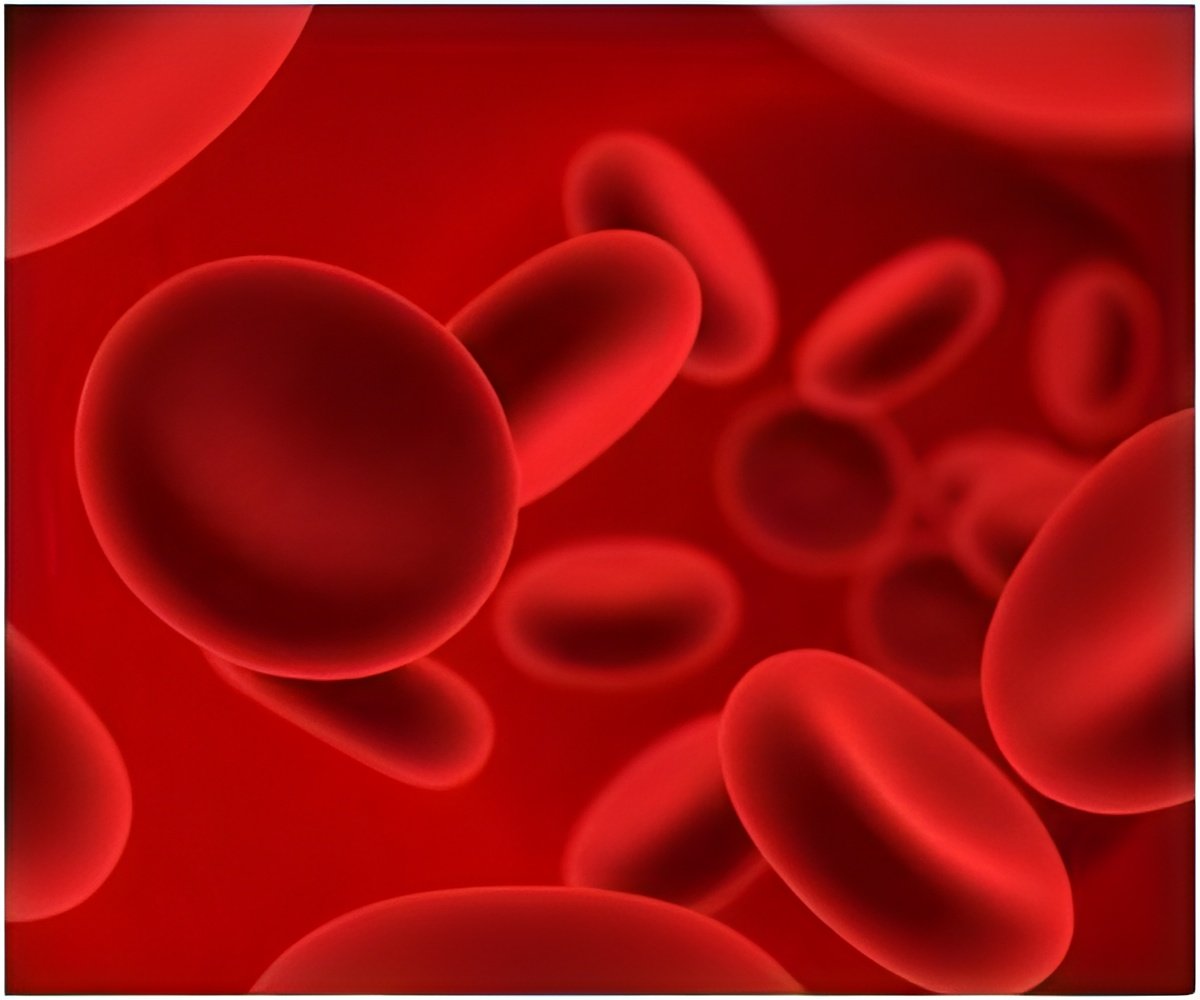Researchers will report findings that women with acute postpartum anemia, owing to excessive blood loss in delivery, the red blood cell transfusion led to a major decline in physical fatigue.

"We believe that the difference in physical fatigue between blood transfusion and expectant management, i.e. no transfusion, is clinically acceptable and expectant management should therefore be preferred," said Johannes J. Duvekot, MD, PhD, with Erasmus MC, Obstetrics & Gynecology, Rotterdam, Netherlands, and one of the study's authors. "Blood transfusion should be given based on clinical symptoms and not on blood values only."
Duvekot and his colleagues investigated whether a red blood cell transfusion improved physical fatigue in postpartum anemic women, due to excessive blood loss during delivery, without severe physical complaints. Women who participated in the Netherlands nationwide study were randomly allocated to red blood cell transfusion or expectant management. They were followed for six weeks, in which they reported on their quality of life, including physical fatigue, by completing questionnaires.
The results of the study show that excessive blood loss during delivery caused severe physical fatigue. Red blood cell transfusion only mildly improved this fatigue. Therefore, in patients with acute anemia due to postpartum hemorrhage, who are hemodynamically stable, an expectant management is preferred.
In addition to Duvekot, the study was conducted by Babette W. Prick and Eric A.P. Steegers, Erasmus MC, Obstetrics & Gynecology, Rotterdam, Netherlands; A.J. Gerard Jansen, Erasmus MC, Internal Medicine, Rotterdam, Netherlands; Wim C.J. Hop, Erasmus MC, Biostatistics, Rotterdam, Netherlands; Marie-Louise Essink-Bot, Academic Medical Center, Public Health, Amsterdam, Netherlands; Carin A. Uyl-de Groot, Erasmus University, Institute for Medical Technology Assessment, Rotterdam, Netherlands; Dimitri N.M. Papatsonis, Amphia Hospital, Obstetrics & Gynecology, Breda, Netherlands; Bettina M.C. Akerboom, Albert Schweitzer Hospital, Obstetrics & Gynecology, Dordrecht, Netherlands; Godfried C.H. Metz, Ikazia Hospital, Obstetrics & Gynecology, Rotterdam, Netherlands; Henk A. Bremer, Reinier de Graaf Hospital, Obstetrics & Gynecology, Rotterdam, Netherlands; Aren J. van Loon, Martini Hospital, Obstetrics & Gynecology, Groningen, Netherlands; Rob H. Stigter, Deventer Hospital, Obstetrics & Gynecology, Deventer, Netherlands; Joris A.M. van der Post, Academic Medical Center, Obstetrics & Gynecology, Amsterdam, Netherlands; Marcel van Alphen, Flevo Hospital, Obstetrics & Gynecology, Almere, Netherlands; Martina Porath, Maxima Medical Center, Department of Obstetrics and Gynecology, Veldhoven, Netherlands; Robbert J.P. Rijnders, Jeroen Bosch Hospital, Obstetrics and Gynecology, 's-Hertogenbosch, Netherlands; Marc E.A. Spaanderman, University Medical Center Nijmegen St Radboud, Obstetrics and Gynecology, Nijmegen, Netherlands; Daniela H. Schippers, Canisius Wilhelmina Hospital, Obstetrics and Gynecology, Nijmegen, Netherlands; Kitty W.M. Bloemenkamp, Leiden University Medical Center, Obstetrics, Leiden, Netherlands; Kim E. Boers, Bronovo Hospital, Obstetrics and Gynecology, 's-Gravenhage, Netherlands; Hubertina C.J. Scheepers, University Hospital Maastricht, Obstetrics and Gynecology, Maastricht, Netherlands; Frans J.M.E. Roumen, Atrium MC, Obstetrics and Gynecology, Heerlen, Netherlands; Anneke Kwee, Dutch consortium AMPHIA trial, Netherlands; Nico W.E. Schuitemaker, Diakonessenhuis, Obstetrics and Gynecology, Utrecht, Netherlands; Ben Willem J. Mol, Academic Medical Center, Obstetrics & Gynecology, Amsterdam, Netherlands; and Dick J. van Rhenen, Sanquin Blood Supply Foundation, Transfusion medicine, Rotterdam, Netherlands.
Source-Eurekalert














